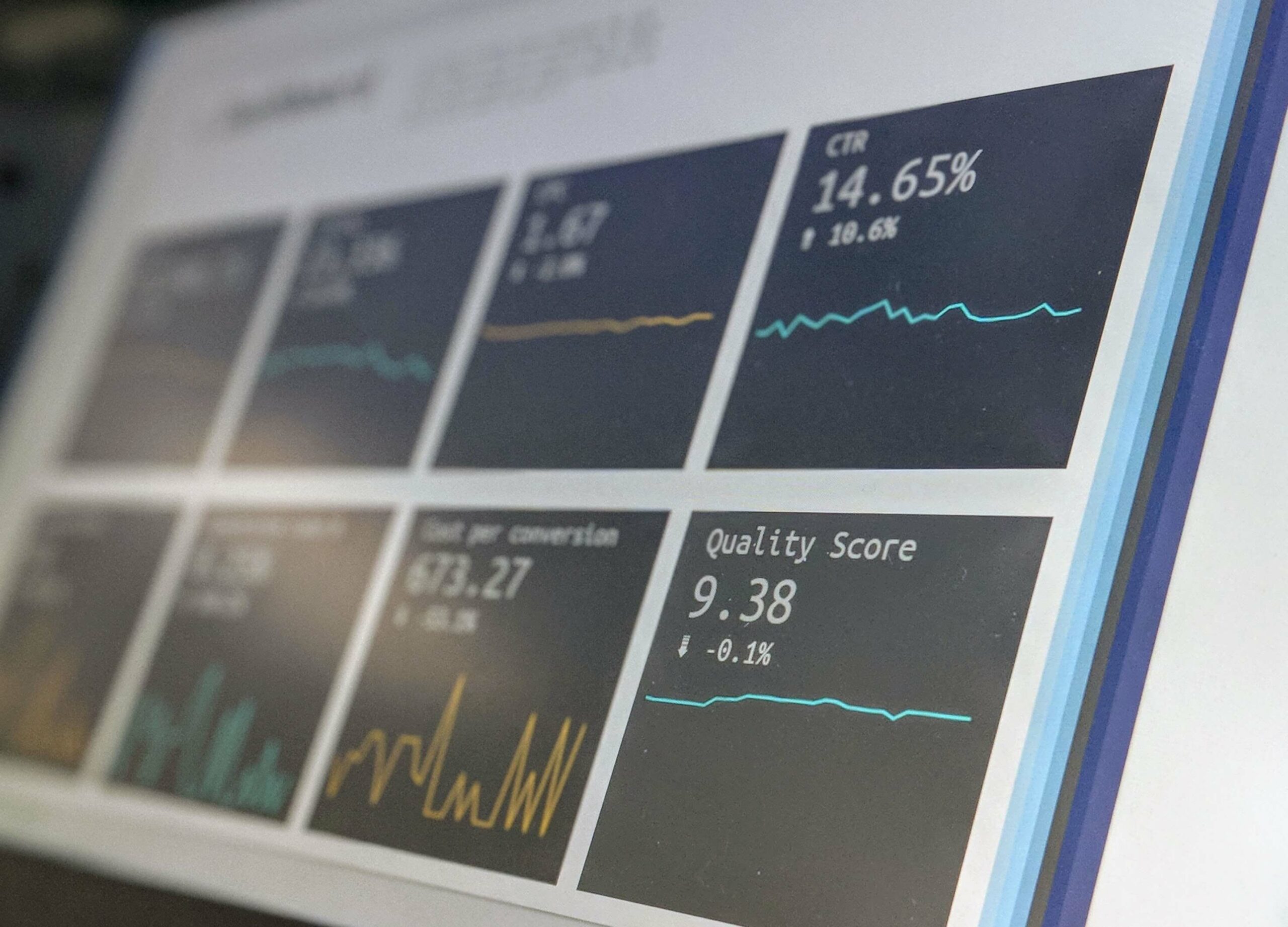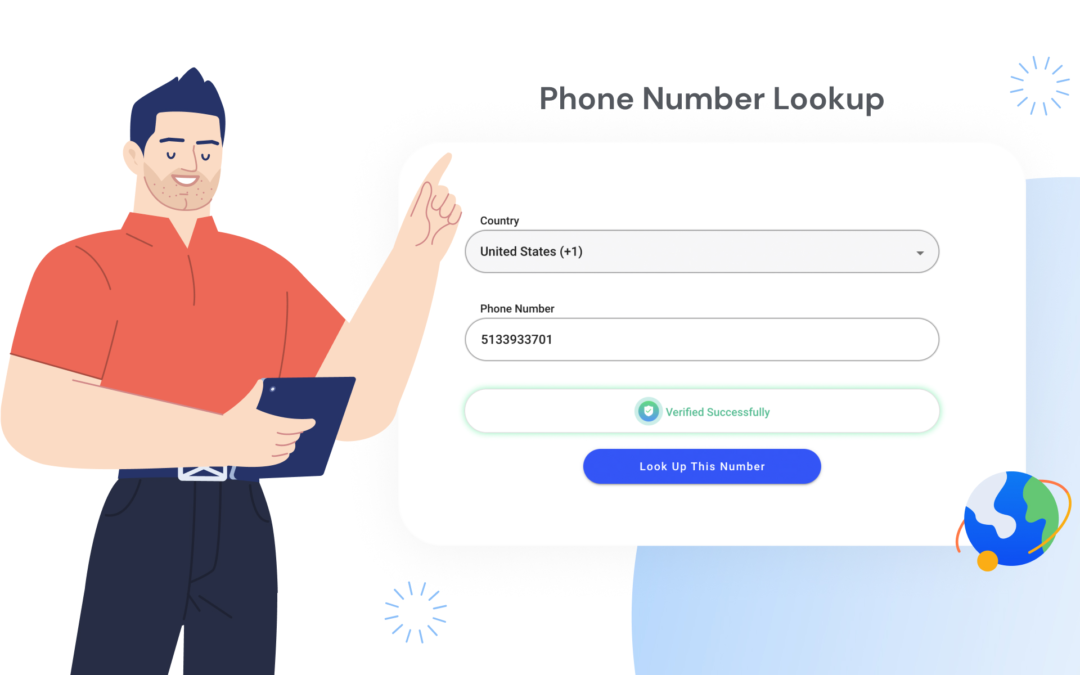
Content Editor and Customer Support at Textr
From Coca-Cola to BMW, companies around the world are using Microsoft Dynamics 365 to deliver results for their customers and handle their finance and operations. With the CRM gaining popularity, you may be wondering whether this is the right choice for your business. Let’s investigate some of Microsoft Dynamics 365’s features and explore some of its potential applications.
What is Microsoft Dynamics 365 and what are its features?
Microsoft Dynamics 365 is a CRM system, which stands for Customer Relationship Management. It’s a collection of applications to manage business relationships, customer information and accounts. Its backbone is Microsoft’s Azure cloud platform, which allows your business to perform a number of operations using pre-existing tools or third-party apps. Microsoft Dynamics 365 was one of the first systems to integrate CRM with ERP (Enterprise Resource Planning) to allow for better management of both a business and its customers.
Microsoft Dynamics 365’s cloud service is designed with purpose-built apps for business functions. These include customer service, sales, finance, marketing, operations and project service automation. It features built-in artificial intelligence to help guide your business processes and real-time analytics to track important data within your departments.

Benefits of Microsoft Dynamics 365 as a CRM
Microsoft Dynamics 365 can streamline your business processes and improve productivity and customer engagement. Switching over to Dynamics can increase marketing ROI, drive sales results and improve the delivery of your services. The main idea behind the system is to bring different departments together through connected apps, also known as modules. The Microsoft Dynamics 365 Business Central app gives you a better idea of how these departments are working together.
By coordinating marketing and sales tools, Microsoft Dynamics 365 makes it simple to understand what your customers are looking for. It lets you know how best to market your goods and services to them through the right channels at the right time. The Microsoft Dynamics Sales app uses machine learning to predict customer expectations. You can add popular products by using the recent products tab or by searching for a product family and generate records for what Microsoft calls ‘opportunities’, which are potential sales based on quantified data from leads. Opportunity records provide your employees with specific details, including potential revenue, timelines and extra info about products or services. Microsoft Dynamics Sales lets you manage every step in your sales lifecycle, from leads to opportunities, quotes, orders and invoices.
The Microsoft Dynamics 365 Marketing app is designed to help your teams optimise your customer experience in three steps: planning, automating, and monitoring. One of its main draws is that it works seamlessly with the Sales app, which can be helpful with utilising customer records and data. The app lets you run automated email campaigns through an intuitive designer, with a preview of the results on different devices. Marketers are able to create a visual customer journey by adding tiles to a canvas. They’re also able to create lead scoring models to monitor actions such as email clicks, event registrations, page visits and more. When a lead reaches a ‘sales ready’ score, it can be picked up by your sales team.
What does Dynamics 365 Business Central really do?
The Microsoft Dynamics 365 Business Central app is designed to connect sales, service, finance, and operations teams to improve the financial performance and customer service of your business. It provides oversight of your operations with real-time dashboards and KPIs for each role and gives you suggestions to boost your performance based on historical data. You can also use Dynamics 365 Business Central to automate workflows and connect your business data with tools like Excel and Outlook.
Microsoft Dynamics 365 editions
Microsoft Dynamics 365 has two different editions: Professional and Enterprise. The Professional edition combines sales, customer service, operations, finance, service, project service automation, marketing and customer insight. It works seamlessly with Office 365 and is the most cost-effective edition. The Enterprise edition is aimed at larger companies with more than 250 employees and offers advanced features. It’s also more secure, with the option to keep all of your data on-site with an independent cloud.
How can it be used by different business departments?
The collaborative apps make it easy for different departments within your business to interact. Microsoft Dynamics 365 has advanced analytics and insight tools, along with integrated customer records and behaviours, which are important for your marketing and sales teams. CFOs can manage finances in real-time with the Finance app, which supports decisions with data forecasts and assists with financial regulations in different countries where your business operates.
The Human Resources app makes things easier for your HR team with its self-service workspace. Employees create universal profiles to showcase their abilities, while HR professionals can set broader goals for the whole business and share performance review templates. The Project Operations app connects teams across the business by unifying project-based operations in one place with real-time analytics, budgets, and schedules. You can also manage your supply chain with Dynamics 365 and avoid potential disruptions by performing fast production and distribution planning in real-time.

Microsoft Dynamics 365 apps and features
There are twelve apps included in Microsoft Dynamics 365, ranging from project management to commerce and sales. There’s also a growing collection of third-party apps for users on Microsoft’s AppSource store. Unlike other CRMs, Dynamics 365 is integrated with other Microsoft business applications, which can be useful if your business relies on Office 365, Outlook, or Azure.
One of the most beneficial features of Microsoft Dynamics 365 is its built-in artificial intelligence. The system’s AI can help your business in a number of ways, from predicting customer behaviour to providing you with financial forecasts. The Customer Insights module combines data from Microsoft Dynamics 365, Office 365 and third-party sources. It uses AI tools to identify trends in your customer behaviour, which can then provide predictions and visual analytics.
Because Microsoft Dynamics 365 is built with cloud-based architecture, it enables you to track changes to data in real-time. There are in-depth analytics available for each department. An example of this is in the Human Resources app, where your HR team can easily identify skills gaps and address them with learning courses.
Microsoft dynamics 365 pricing and affordability for businesses
Dynamics 365’s pricing structure can be beneficial as Microsoft is offering both bundle and role-based licensing. This means you can start with the apps and features you need and then upgrade as your business grows.
Pricing varies based on each module and whether you choose the Professional or Enterprise edition. For example, Sales Professional costs £49 per user/month and Sales Enterprise costs £71.60 per user/month. If a single user wants to buy a subsequent license, they can do so at a discount. Some modules are priced at a tenant level, meaning they can be used by anyone in your organisation regardless of user or device. This includes the Customer Insights app, which costs £1,131.20 per tenant/month. Depending on the size of your business, you may want to only invest in licenses for the essential apps your business requires.

What are the top CRM options and alternatives?
CRM systems are everywhere these days, so it can be difficult to know which is best for your business. The top alternatives to Microsoft Dynamics 365 are Salesforce, Hubspot, and Oracle. Salesforce can cost more than Microsoft Dynamics 365, but it makes up for it with an easier to understand user interface. A Dynamics admin may sometimes need to code to perform workflow tasks, whereas the same tasks can be performed without code in Salesforce. This makes it one of the best CRM choices for medium businesses.
Hubspot may be a better option for smaller businesses that don’t require some of Microsoft Dynamics 365’s advanced ERP features. The CRM has been around for nineteen years and has changed a lot since its launch. It now features machine learning and paid sales and marketing modules to rival Microsoft. One of the biggest draws of Hubspot is that the CRM is completely free.
For a CRM that goes head-to-head with Microsoft Dynamics 365’s Enterprise edition, Oracle is one of the best alternatives. Suited to large businesses, its service is divided into ‘clouds’, which act similarly to Dynamics 365’s modules. Oracles provides features like customer service, sales tracking, marketing automation, and data management.
Who should use Microsoft Dynamics 365 and how can it integrate with existing services?
Both small and large businesses can benefit from Microsoft Dynamics 365 thanks to its different editions. The ability to purchase licenses for modules as your business develops is helpful as you scale up your operations. Companies that are taking on staff and attracting new customers will find the advanced analytics and AI useful for keeping records and predicting trends. If your business already uses Microsoft Office 365, Outlook, or Azure, you’ll find it easy to transition. Microsoft Dynamics 365 has been built to integrate with these services.
Conclusion
Microsoft Dynamics 365 is one of the most comprehensive CRM tools available. It provides useful customer relationship features alongside intuitive ERP functions for finance and operations. While it may be slightly more complex than other CRMs like Salesforce and Hubspot, its real-time analytics and machine learning are real benefits to different departments within your business. It’s easy to pick and choose the apps you need due to the separate modules, and the two editions make it suitable as a CRM for both small and large companies.

Microsoft Dynamics 365 FAQs
Q: Is Microsoft Dynamics 365 used as a CRM internationally?
A: Yes, Microsoft Dynamics 365 is used around the globe in the Americas, Europe, Pacific Asia, the Middle East, and Africa. It has general availability in fifteen countries as of 2021.
Q: What businesses use Microsoft Dynamics 365 CRM?
A: Examples of global businesses that use Microsoft Dynamics 365 include HP, Unicef, Pandora, Dr. Martens, Coca Cola, Adobe, UPS, BMW, Delta, Chipotle, Prada, Rolls Royce, Maersk, Siemens, Metro Bank and more.
Q: How long will it take to implement Microsoft Dynamics 365 CRM?
A: The time it takes to implement Microsoft Dynamics 365 depends on your current system. If you’re upgrading from an older version of Microsoft Dynamics CRM, you’ll have to go version-to-version e.g. 2013 to 2015, 2016 and then 365. Simple upgrades can take a couple of days, whereas larger upgrades or system rebuilds can take anywhere from two weeks to two months.
Share this article
Start texting your customers now with Textr
Connect with your customers whenever, wherever with business texting.
Related Articles

Novel AI: How Can It Improve Your Business Writing
Although AI is still in its infancy, it’s starting to help generate lyrics, generate words from letters, and other forms of writing. It has the potential to help with various areas of business marketing, especially if you need to save time with writing documents…

Everything About Free Phone Number Lookup Tools
Having a phone number looking up tool is useful for those times you get unexpected unknown numbers calling you. But some services are more reliable than others, as they’re dependent on how much information is actually available about the phone number…

What Does HMU Mean on Snapchat and Social Media?
If you’ve come across the wide range of abbreviations on social media, you might be wondering what does HMU mean on Snap and other apps. It wasn’t invented by modern social media, but it’s certainly taken off thanks to influencers and other users…
Using Textr Apps Now
Available on iOS, Android and as a web app. Try for free with a US or CA phone number.
